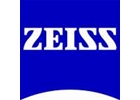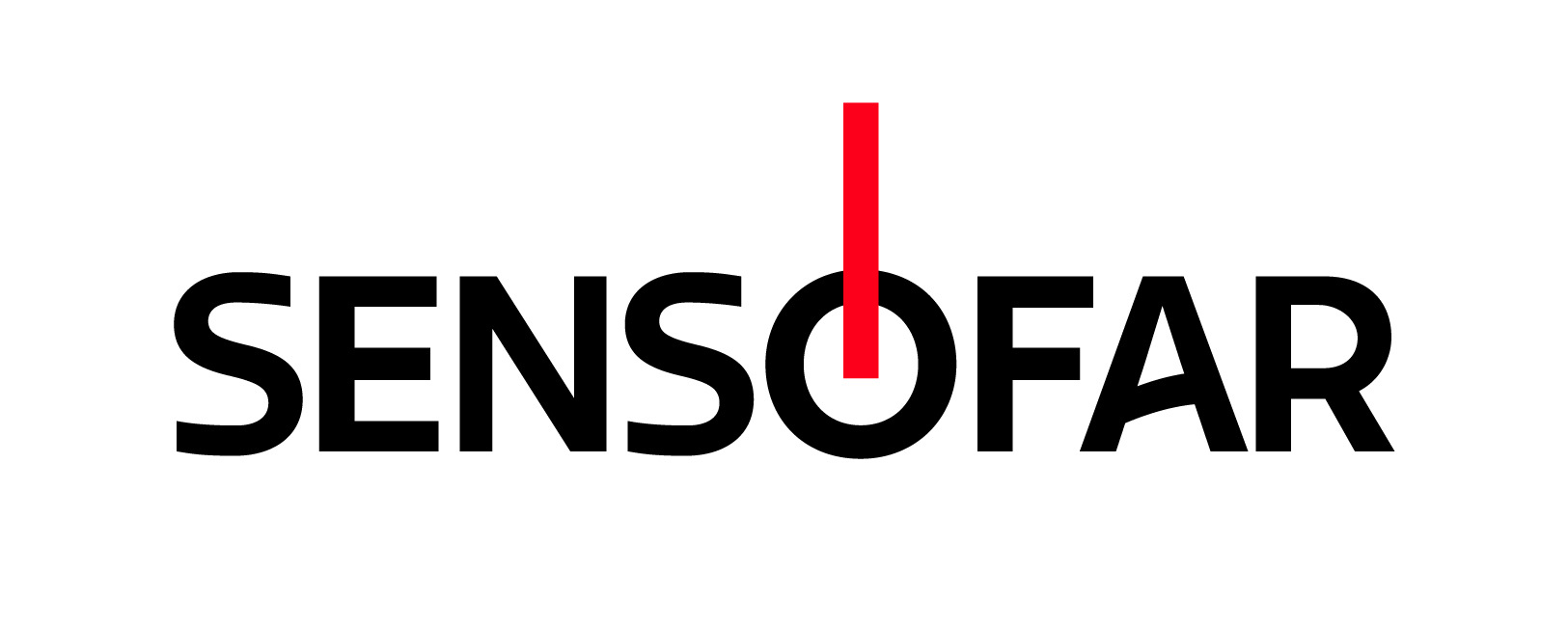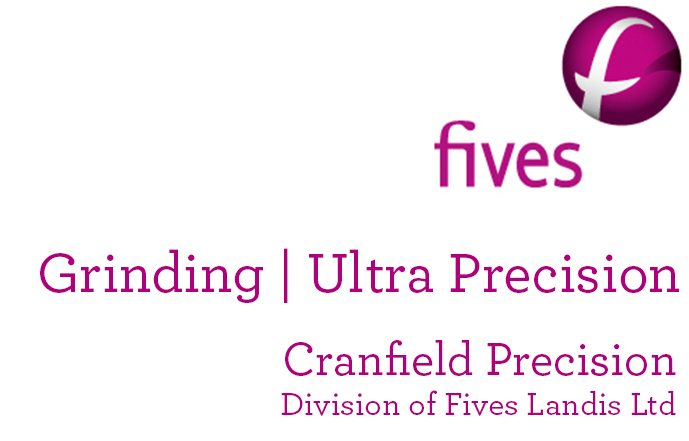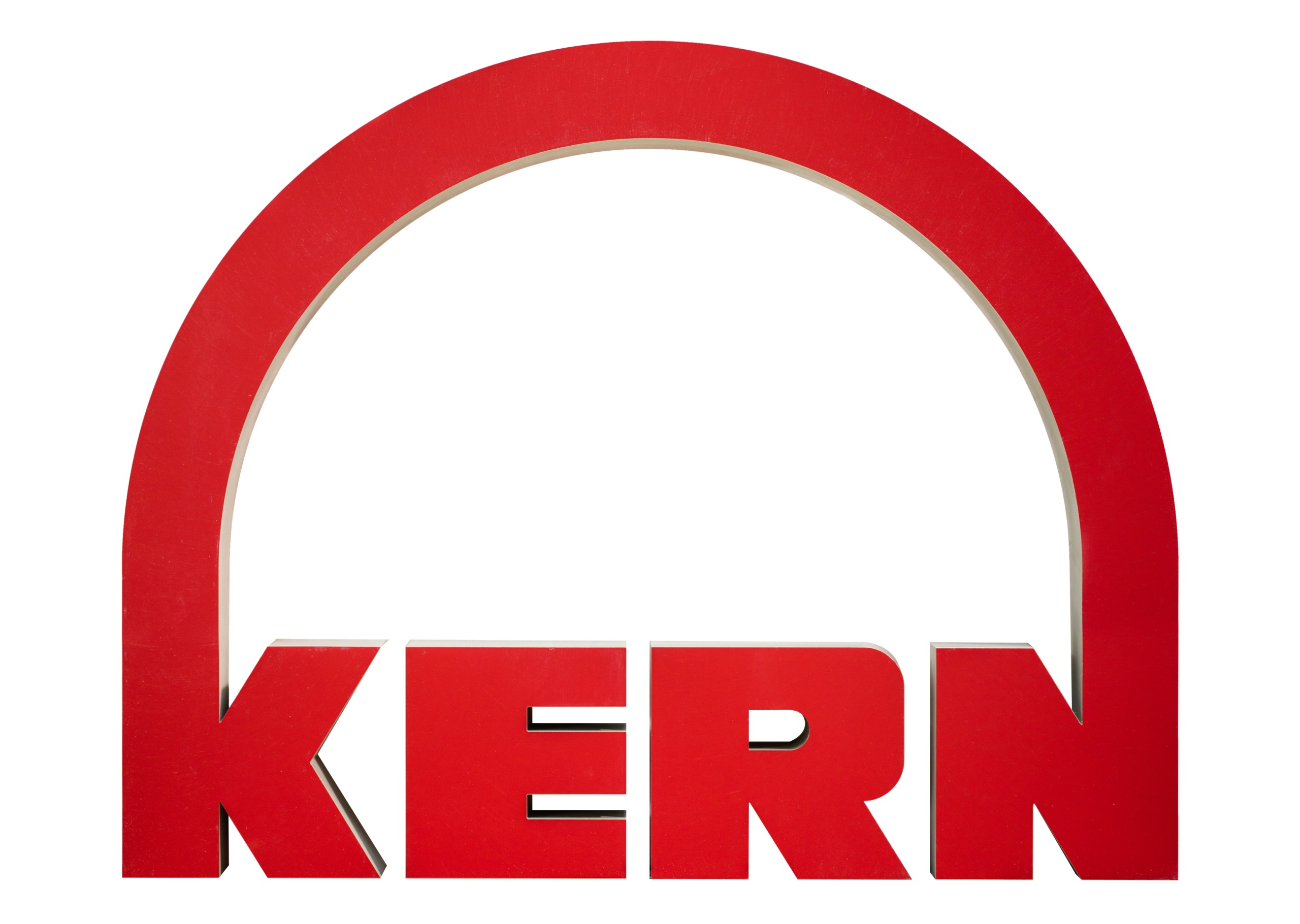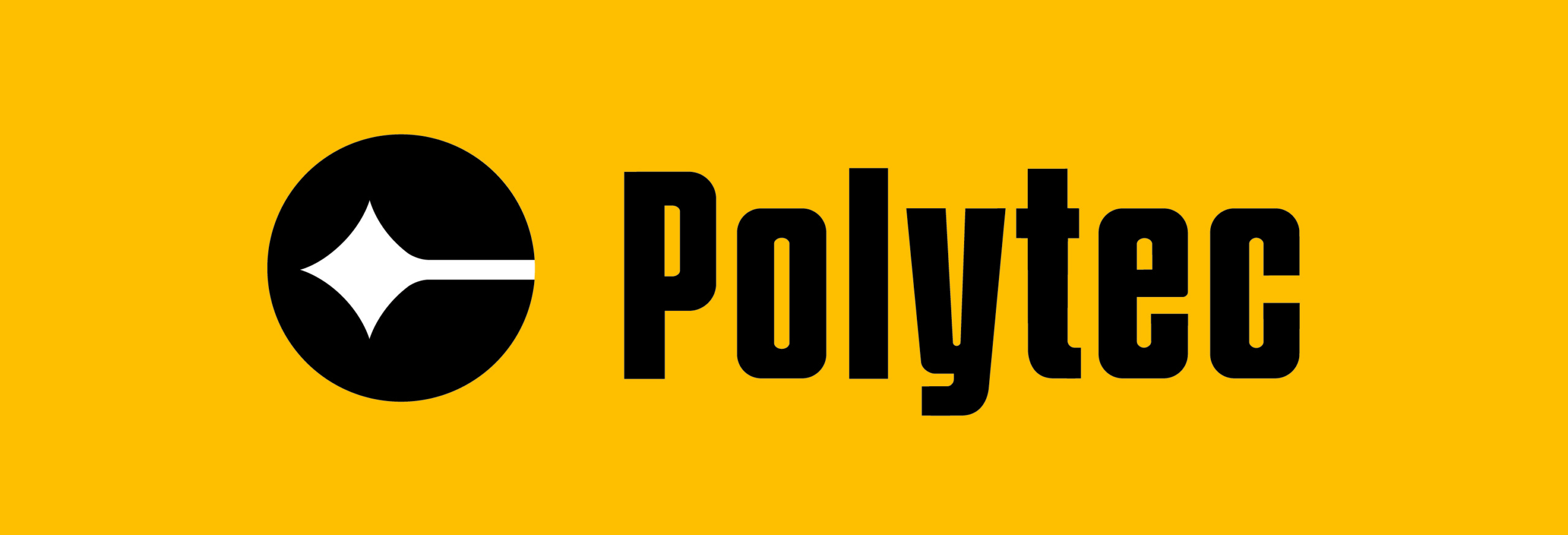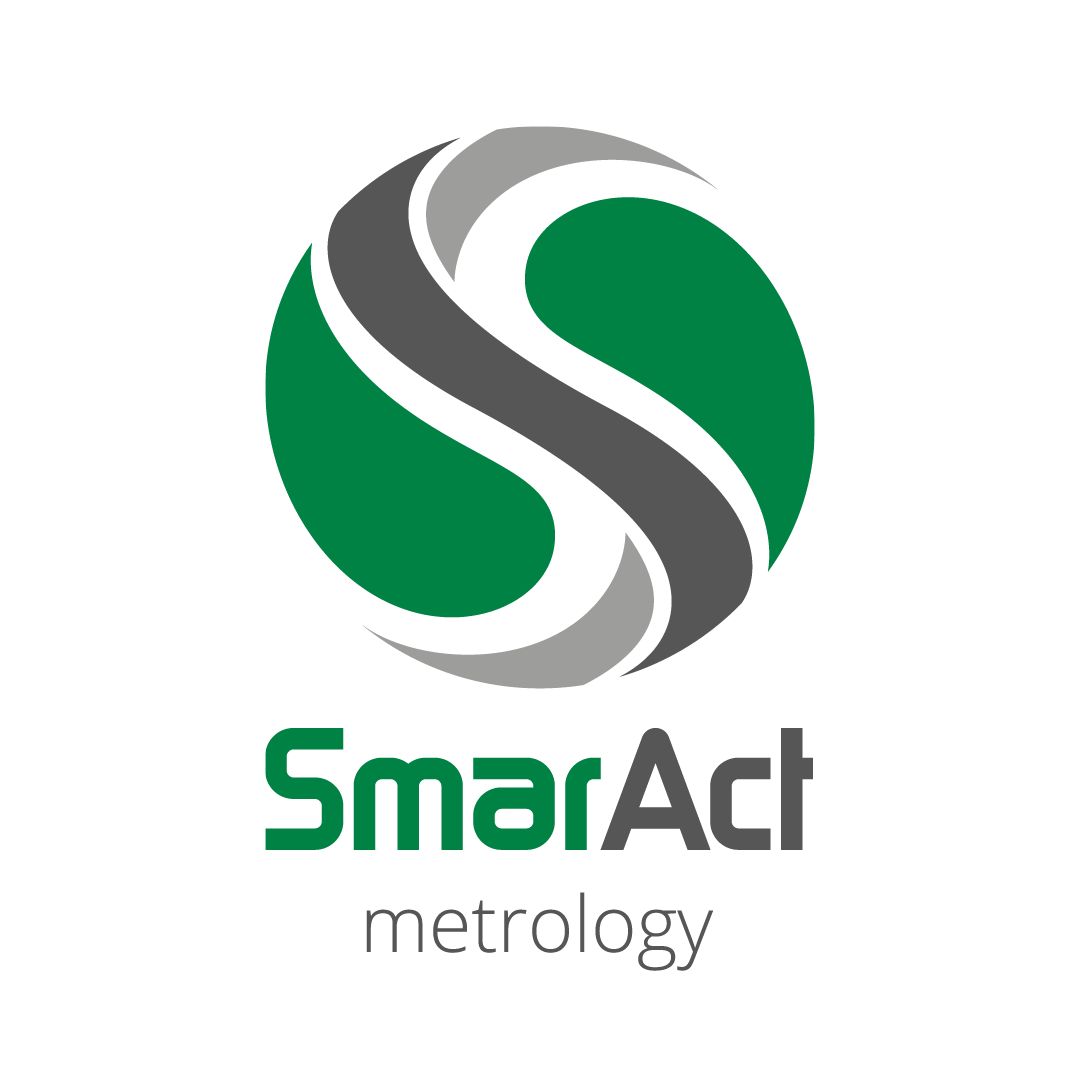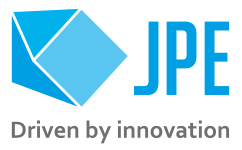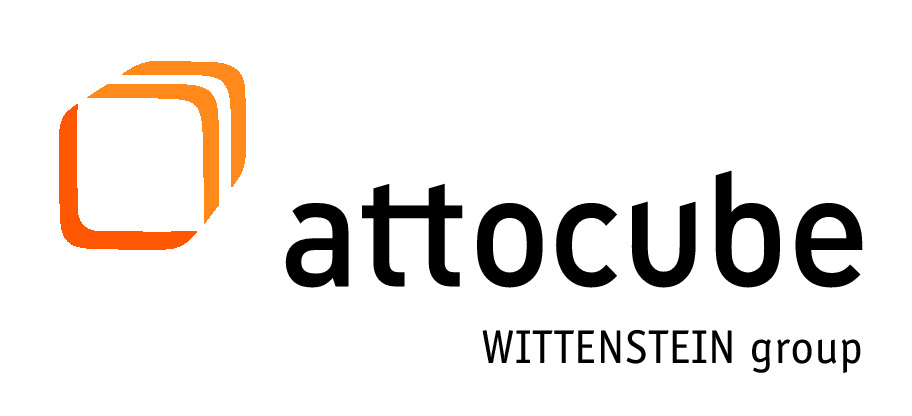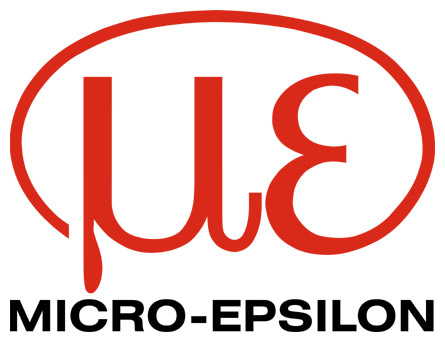Project Description
23rd International Conference & Exhibition
12th – 16th June 2023, Copenhagen, Denmark
Monday 12th to Friday 16th June 2023
Technical University of Denmark (DTU), Copenhagen, Denmark
euspen’s international conference and exhibition provides a leading forum for industrialists and academics alike to review the best of world-wide industrial innovation, progressive research and technology developments. Delegates will gain an insight into the precision engineering and nanotechnology priorities of Europe’s leading industrial nation.
This event offers the possibility to see latest advances in traditional precision engineering fields such as metrology, ultra precision machining, additive and replication processes, precision mechatronic systems & control and precision cutting processes. Furthermore, topics will be addressed covering robotics and automation, precision design in large scale applications, applications of precision engineering in biomedical sciences and sustainable energy systems and precision engineering.
.
The organising committee and local host for euspen‘s 23rd International Conference and Exhibition is Prof. Hans Hansen, DTU, DK; Assoc Prof. Guido Tosello, DTU, DK; and euspen HQ
Themes and Call for Abstracts:
22nd International Conference submissions
Announcement & Call for Abstracts
Come and join your international peers and maintain a leading edge on technology, customers, partners and suppliers. Access the greatest minds in micro and nano research and development. Share knowledge and information and stimulate debates.
Themes
- Measuring Instruments and Machine Tools: Design and Performance
- Mechatronics, Control, Handling
- Metrology
- Advances in Precision Engineering and Nanotechnologies
- Mechanical Manufacturing Processes
- Non-Mechanical Manufacturing Processes
- Replication and Additive Manufacturing
- Applications of Precision Engineering in Biomedical Sciences
- Automation, Robotics, Machine Learning
- Large Scale Precision Engineering: Design, Metrology & Applications
- Sustainable Energy Systems and Precision Engineering
Submission of abstracts
Abstracts are expected to describe original work, previously unpublished and should indicate new and significant advances and their importance. Initially short abstracts comprising of approximately 300 words in length should be submitted online using the below links.
Following review of short abstracts, authors will be provided with instructions for submitting a paper of up to four A4 pages. On acceptance of the paper, authors are notified of presentation mode (poster/oral). All papers accepted into the conference proceedings are included in Elsevier’s citation index and will also be indexed on to euspen’s Knowledge Base which is indexed via Scopus. The final decision on acceptance of all papers is made by the Editor and International Scientific Committee of the conference.
The invitation to submit a paper does not constitute an offer to pay travel, accommodation or registration costs associated with the conference. Similarly, no speaker fee is paid to successful participants. All speakers must register for the conference and transfer registration fee. In specific cases the organising committee reserves the right to deviate from the standard procedure.
“Oral and poster sessions revealing the latest research and state-of-the-art technology”
Key Dates:
20th September 2022 : Deadline for online short abstract submissions
30th September 2022 : Notification of abstract acceptance to authors
13th January 2023 : Deadline for online paper submissions
18th February 2023 : Deadline for Scholarship Applications
17th March 2023 : Notification of paper award (oral/poster)
Conference Fees
The conference delegate registration fee includes :-
- Free access to the welcome reception to be held on the evening of Monday 12th June 2023
- A full electronic copy of the proceedings on a euspen USB drive
- Free access to the technical workshops held on the afternoon of Monday 12th June 2023
- Free refreshments through-out the conference
- Free three course Lunch on each of the conference days
- Access to all of the keynote and technical presentations held through-out the conference
- Access to the exhibitors drinks reception held on Tuesday 13th June 2023
* Please note Early Bird fees include an early registration discount of €65 and the discounted rate will expire on 14th April 2023.
- €850 – euspen Member Rate – Early Bird*
- €950 – Non-Member Rate – Early Bird*
- €475 – Student Rate – Early Bird*
- €950 – euspen Member Rate – Standard Rate
- €1050 – Non Member Rate – Standard Rate
- €540 – Student Member Rate – Standard Rate
- €65 – Printed Conference Proceedings
- €0 – USB copy of Conference Proceeding (free for all delegates)
- €100 – Networking Dinner
- €365 – Exhibitor Delegate Registration (only for confirmed booths)
- €195 – Half day tutorial
- €50 – Company Tours
- €0 – Monday Workshops (free for all delegates)
- €55 – Interactive Workshop
- €350 – One Day Access
- €600 – Two Day Access
Registration
The euspen international conference complies with international VAT/IVA/VAT MOSS rules and as such the relevant Standard VAT rates dependent upon your Country (UK or EU) will be applied to delegate registration invoices. You should read the following rules and select the appropriate registration form.
Select Physical Registration A if any of the following applies:-
- You are based within the UK or Europe
- You are a private individual or organisation/business
- You are representing a European company (whether you are VAT/IVA registered or not)
- This form will apply 25% Danish VAT in accordance with advice from the Danish VAT authorities
Select Physical Registration B if any of the following applies:-
- You are representing a business/organisation outside Europe
- This form does not apply VAT. This is in accordance with VAT exempt rules.
The Precision Engineering community is quite small and the euspen annual event is a great way to make and maintain contact with world-leading experts in the field, many of whom offer highly relevant tutorial sessions at the conferences. We at Cranfield Precision specialise in the design and manufacture of high precision machine systems, it would be unthinkable for us not to take advantage of the technical program, networking and educational opportunities on offer at euspen conferences. Since around 2011, we have been exhibitors at the annual conference exhibition, we have found this to be an excellent way of making contact with new and existing customers. We can trace the initial contact made with many of our current and past customers back to the euspen conference and exhibition, so the cost of attending and exhibiting has paid for itself many times over.
With over 400 attendees focused on precision engineering, exhibiting at the Annual Conference & exhibition organised by euspen is vital to getting our message to the right people. The ultimate benefit to attending is the people you meet. Networking with industry experts willing to discuss ideas and offer suggestions to those difficult projects waiting for you back home. These conversations lead to treasured relationships with talented precision engineers you can consult when difficult questions arise.
Conference Sponsors
Conference Keynotes
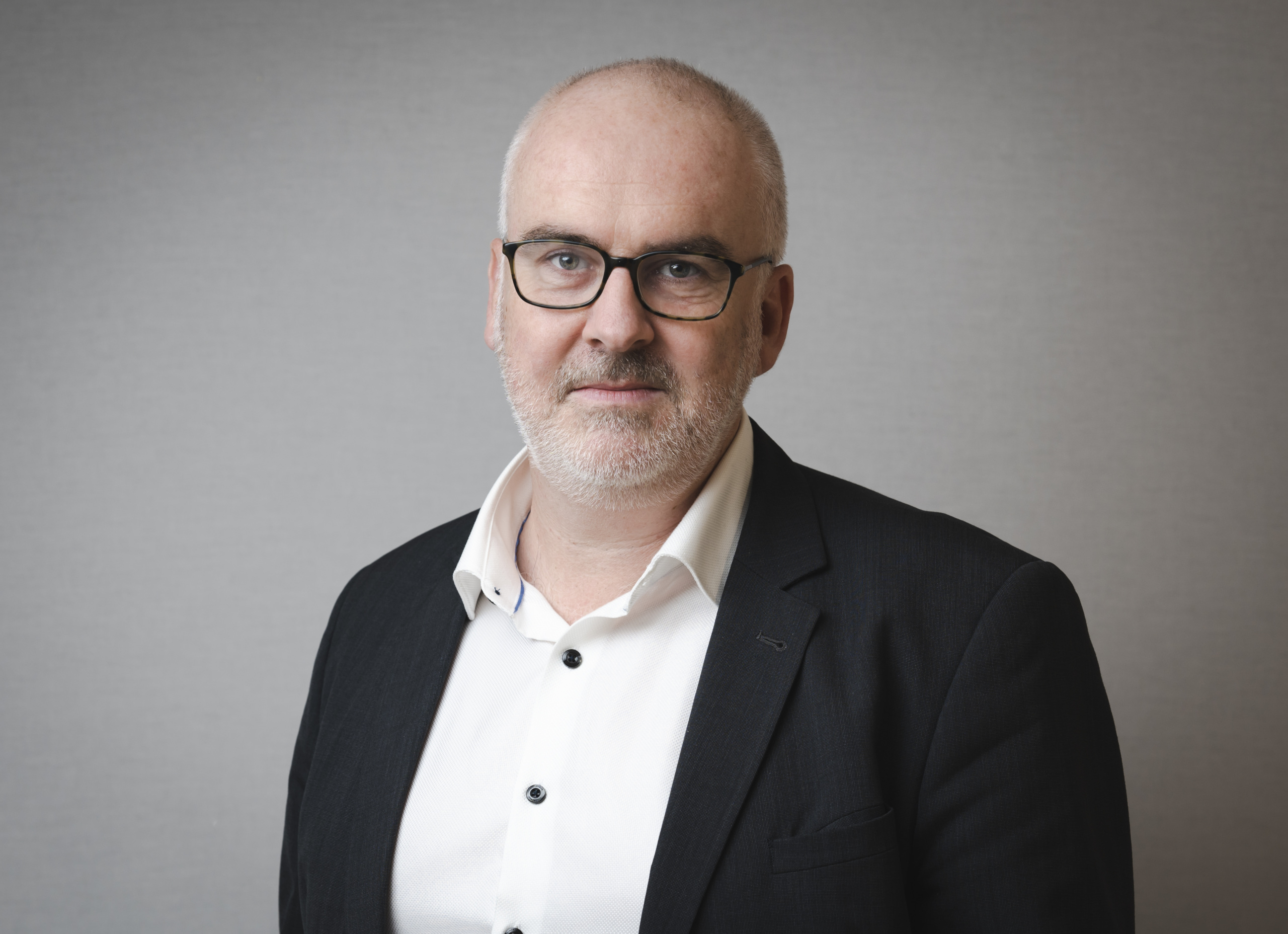
Prof. Tim McAloone
Technical University of Denmark, DK
Designing for sustainability via science-based decision support: charting a path for engineering designers
It is no longer a question, for most, that sustainability is one of the largest challenges of our time. Global recognition of the need for sustainability transition has never been stronger and it is now possible to find agreement and commitments at global, regional, societal and company levels, towards at least some of the highly needed goals and targets to reduce mankind’s environmental footprint on the globe and its surrounding atmosphere.
To develop a sustainable society, we must satisfy the needs of current and coming generations within the operating spaces defined by the tolerance limits of our planet and its ecosystems. This calls for the development of solutions that: radically reduce our generation of climate burdening gases; decouple value creation from resource consumption; strive to eliminate the toxicity stress induced on our land, waterways and material cycles; and that address the accelerating crisis of biodiversity loss.
Technology – and the design of the same – can play a prominent role in enabling sustainability transition, but how to choose today, the correct technologies of tomorrow? Only by combining the wisdom of a systemic understanding of the problems and solutions of today, with systematic and strategic approaches towards sustainability transition, do we stand a chance of succeeding with the audacious sustainability goals that are emerging in these years.
And the role of the designer? This is huge. The engineering designer can orchestrate the transition from analysis to synthesis, forming accounts of the present into the concepts of the future. The engineering designer must operate on all levels, from materials, through components and products, all the way to the complex infrastructural systems. And the engineering designer must make choices of sustainability strategy, contextual tactics and operational tools.
This keynote will help to understand the sustainability needs of our time, seen from the lens of the engineering designer. It will highlight the science-based approaches under development, with pointers to their potential. And it will show examples of how design is already contributing to sustainability solutions, today. Finally, speculation will be made, as to which areas we are currently lacking, with respect to research and concerted action, to achieve the sustainability balance necessary to support life within acceptable planetary limits.
Biography
Tim McAloone is Professor of Sustainable Product/Service-Systems at Technical University of Denmark. He works closely with Danish and international industry, creating new methods and models for a wide range of sustainability issues, such as circular economy, sustainable design, eco-innovation. He leads numerous research activities focusing on sustainability through design. The manufacturing industry and industrial companies are Tim’s main research object and his international network spans very broadly.
Tim is regularly invited as keynote speaker at international conferences and is an active debater on sustainability transition. He currently serves in his fourth year as President of the Design Society, is Founding Executive Committee Member of the DTU Centre for Absolute Sustainability, and is an active board member or advisor, in numerous organisations.
Tim has his PhD from Cranfield University (1998), where he studied the integration of eco-design strategies into industry. He has also served as guest professor at Stanford University working with sustainable product/service innovation.
Nigel Edmondson
Manufacturing Academy of Denmark (MADE), DK
Manufacturing Academy of Denmark
MADE is the Danish Cluster for Advanced Manufacturing We are the hub for the creation of solutions for tomorrow’s manufacturing businesses through research, innovation and education. MADE is a certified Gold Cluster and is designated the Danish Cluster for Advanced Manufacturing by the Danish Ministry of Higher Education and Science and the Danish Board of Business Development. MADE works closely with the other Danish national clusters tasked with facilitating collaboration between researchers and companies and thereby channelling increased innovation community-wide. MADE’s field of strength is advanced manufacturing. We connect manufacturing companies, RTOs and higher-education institutions through innovative partnerships, projects and activities involving stakeholders from all over Denmark and all industries, regardless of company size, in order to generate, apply, and share manufacturing expertise and know-how to enable Denmark to compete globally. MADE was established in 2014 when companies, foundations, associations, and science and technology research centres joined forces to create a national platform for boosting Danish manufacturing.
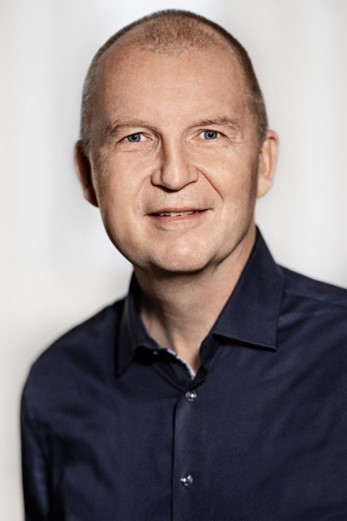
Prof. Ole Sigmund
Technical University of Denmark, DK
Topology optimization in mechanical design
Topology Optimization (TO) as an inverse design tool in mechanical design has developed tremendously over the last decades. This progress has, a.o., been fueled by the developments in additive manufacturing (AM). TO and AM complement each other perfectly, with TO delivering complex and efficient designs that take advantage of the geometrical freedom provided by AM.
The talk will give an overview of the TO field and its recent developments, a.o. taking advantage of advanced infill capabilities provided by AM processes. Then it will proceed to discuss the use of TO for generating tailored force-displacement responses for multi-material compliant mechanisms and metamaterials including self-contact.
Biography
Ole Sigmund is a Professor and Villum Investigator at the Section of Solid Mechanics, Department of Civil and Mechanical Engineering, Technical University of Denmark (DTU). He obtained his Ph.D.-degree 1994 and Habilitation in 2001 and has held research positions at University of Essen and Princeton University. He is a member of the Danish Academy of Technical Sciences and the Royal Academy of Science and Letters (Denmark) and is the former President (2011-15, now EC member) of ISSMO (International Society of Structural and Multidisciplinary Optimization) and former Chairman of DCAMM (Danish Center for Applied Mathematics and Mechanics, 2004-2010). Recently, he was elected as the academic representative in the DTU Board of Governors. Ole Sigmund is one of the founders and main contributor to the development of topology optimization methods in academia and industry. Present research interests include theoretical extensions and applications of topology optimization methods to mechanics, multiphysics and metamaterial problems under the consideration of manufacturing constraints and multiple length scales.
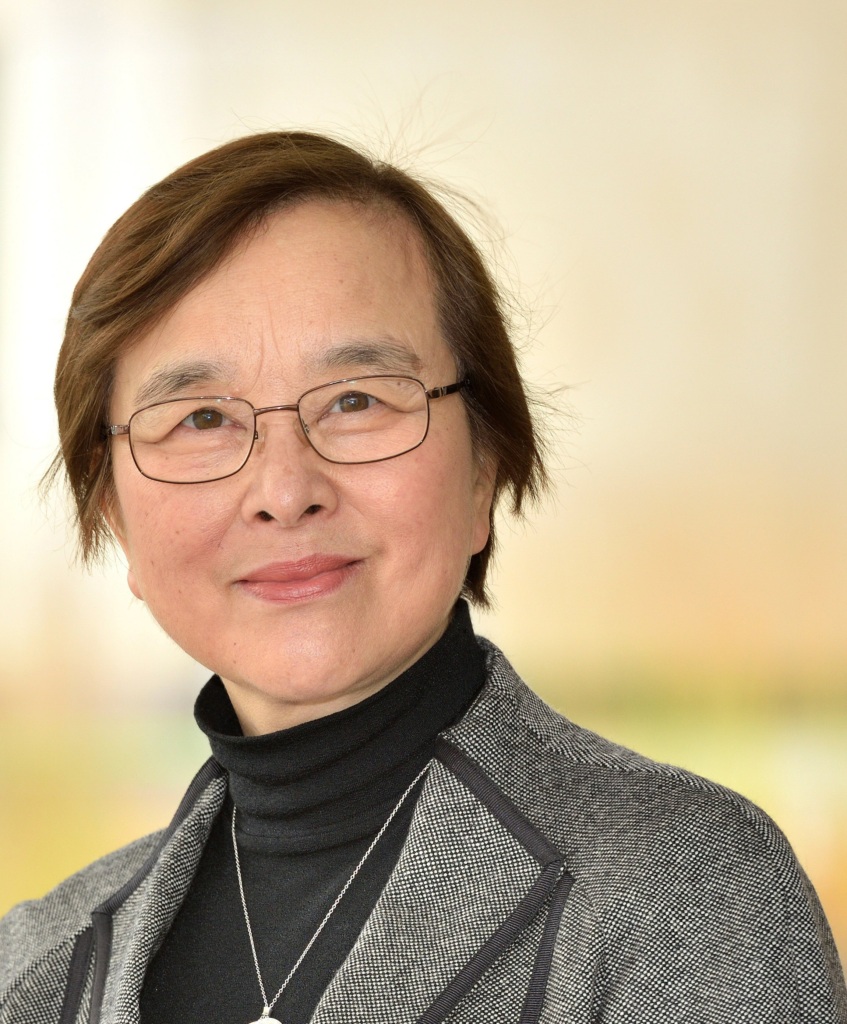
Prof. Dame Jane Jiang
University of Huddersfield, UK
Photonic metasurfaces for precision metrology – A perspective
Metasurfaces, artificially structured surfaces covered in sub-wavelength elements, provide a way in which amplitude, phase, and polarisation light can be precisely manipulated, but without the size and weight required by traditional optical components. In addition, metasurfaces can be manufactured on membranes or thin substrates and by modifying the size and shape of the individual elements across a surface, different functionalities can be realised.
This talk will report on recent developments of metasurfaces for precision metrology applications and outline how photonic metasurfaces have the potential to revolutionise optical sensor technology by supporting sensor integration through miniaturisation and enhanced functionality. Finally, we discuss some of the challenges for harnessing photonic metasurface as engineered components in real-world systems and articulate the research challenges and opportunities for future precision metrology.
Biography
Professor Dame Jane Jiang holds a Royal Academy of Engineering/Renishaw Chair in Precision Metrology and is the Director of the UK Future Metrology Hub. She obtained her PhD in measurement science, Huazhong University of Science and Technology, China in 1995; a DSc for precision engineering, University of Huddersfield in 2007; and received an honorary DSc from City, University of London in 2019. She is a Fellow of the Royal Academy of Engineering and the International Academy of Production Research (CIRP). She has previously held a Royal Society Wolfson Merit Award and ERC Advanced Grant. She received a Damehood in the Queen’s birthday honours list in 2017. She has a broad range of interests in advanced metrology, which span mathematics modelling and data analytics for surface geometry and texture, their in-situ and in-process measurement technologies, particularly photonic metasurface-enabled optical sensor and instrument design.




